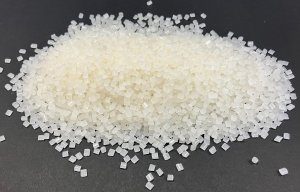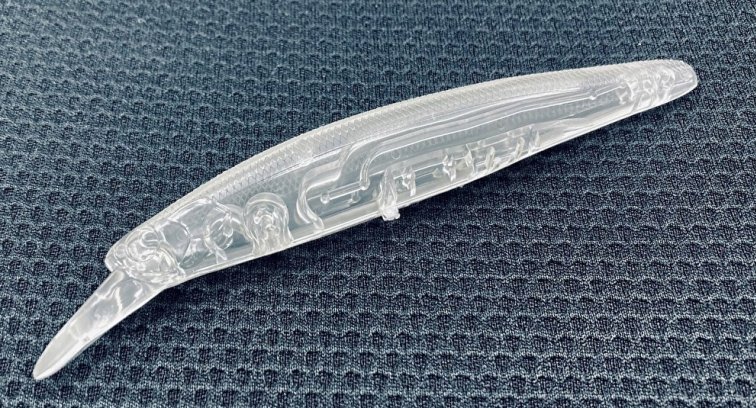
Faster biodegrading PLA
Company will produce pellets, injection -moulded products, textiles and nonwovens fabrics with the new resin.

12th December 2022
Innovation in Textiles
|
Japan
Teijin Frontier has developed a new polylactic acid (PLA) resin that biodegrades faster in oceans, rivers and soil compared to conventional PLA products. By adding a new biodegradation accelerator to the polymer, the company has improved its biodegradation rate without impairing strength, mouldability or other practical properties.
The new resin will reduce microplastics thanks to its accelerated biodegradation rate as well as reducing CO2 emissions during product lifecycles since it is made from plant-derived raw materials.
Teijin Frontier will begin producing and selling pellets, injection and extrusion-moulded products, textiles and nonwovens fabrics made with its new PLA resin within the year and is targeting sales of several hundred million yen by fiscal 202
Conventionally, when PLA polymer is hydrolysed to less than 10,000Mn (average molecular weight) it can be broken down into carbon dioxide and water by bacteria and fungi. The biodegradation accelerator added by Teijin Frontier hastens hydrolysis to reduce the molecular weight more quickly. During product processing and storage, however, molecular weight decreases only slightly, similar to that of conventional PLA, making the new resin highly practical because its crystallinity and mouldability are not impaired.
The decomposition period – about six months to two years – can be controlled by adjusting addition conditions and the amount of biodegradation accelerator. Accordingly, decomposition can be adjusted to the life expectancy of specific items, such as agriculture and fishery products, for example.
PLA resins, which are generally made from plant-derived ingredients and are biodegradable, are used in a wide range of products due to their high crystallinity and practicality. Although biodegradation performance is acceptable under hot, humid compost conditions, the rate is slowed down greatly in oceans, rivers and soil, resulting in the presence of residual microplastics for long periods of time. Until now, attempts to improve biodegradability have impaired the strength and other practical properties of these products.

Business intelligence for the fibre, textiles and apparel industries: technologies, innovations, markets, investments, trade policy, sourcing, strategy...
Find out more